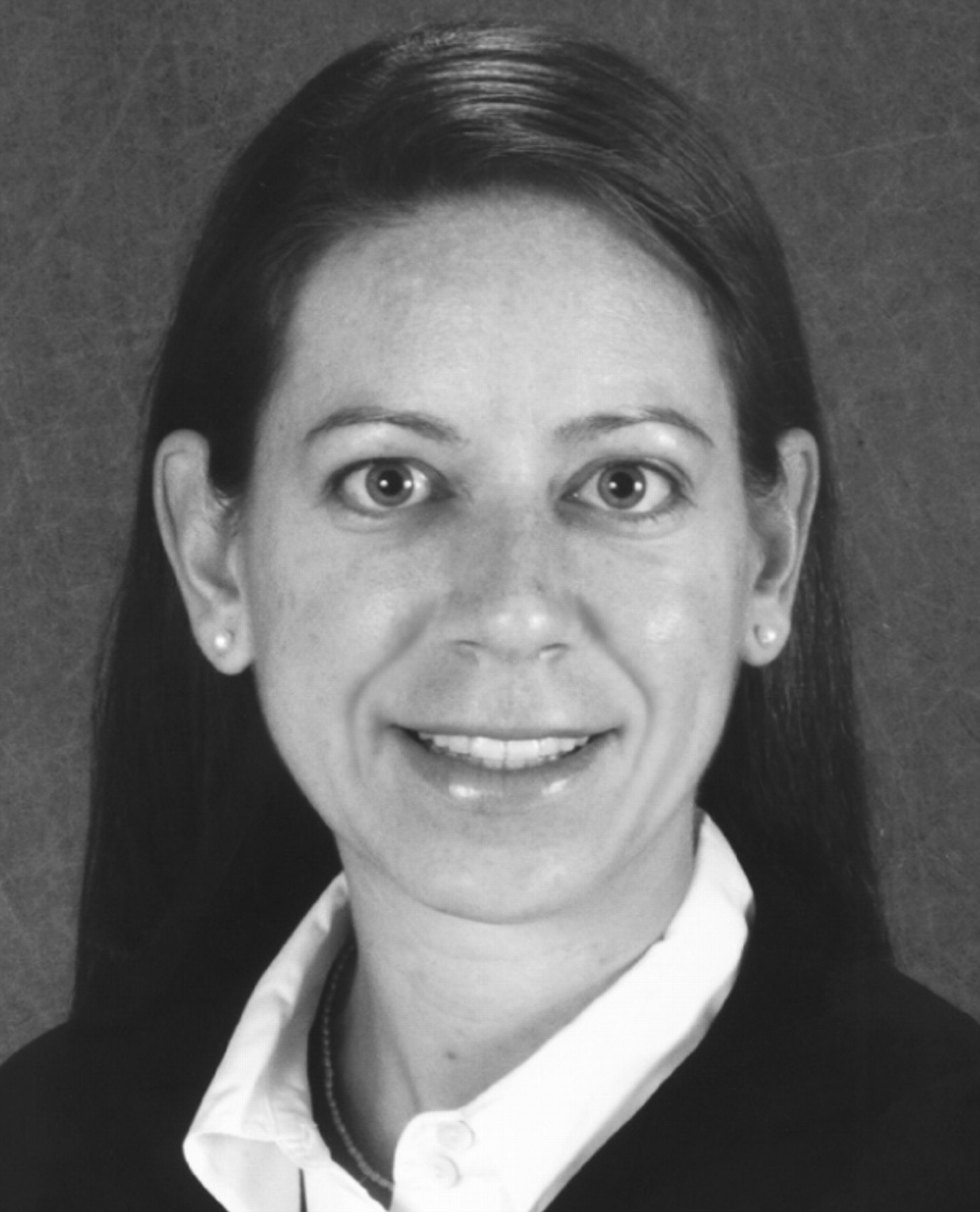Candidates for Member-in-Training Trustee-Elect

Psychiatry Resident, Harvard Longwood Psychiatry Residency Training Program, 2005- ♦ M.A. & Ed.M. (Curriculum & Teaching/Human Development): Columbia University Teachers College ♦ Curriculum Representative, George Washington University School of Medicine, 2001-05 ♦ Stanley M. Kaplan Medical Student Essay Contest Winner, “Outreach to Homeless Persons With Chronic, Severe Mental Illness,” 2005 ♦ National Health Service Corps Scholar ♦ Leadership Roles at City Year, an Americorps Program
As a member-in-training trustee-elect, I will bring a unique perspective to the APA Board of Trustees stemming from my dedication to education, youth, and underserved populations. My distinct work and life experiences have provided a strong foundation in gathering data from a variety of diverse sources, making informed decisions, concisely communicating the issues at stake, and negotiating with others, all skills that will serve me well as an advocate for members-in-training.
Prior to attending medical school, I worked extensively with children and their families in underserved communities. Not only did my experience as an elementary school teacher open my eyes to the great need for improved access to mental health care for children and families, but it also trained me to negotiate a large organization and obtain much-needed resources. Throughout all four years of medical school, I served as the curriculum representative for my class and now hold a similar position in my residency program. In this leadership role, I have continued to work with large groups to identify needs and problems and address them.
In order to address the major issues facing psychiatry, it is necessary to gather multiple perspectives on issues. In my work as the director of a community service program for a diverse group of youth, I learned to reach out to a wide variety of organizations for support and collaboration. Whether we were putting together a community health fair or painting a mural, it was important to make sure that many voices were heard in the decision-making process. If elected, I will be highly dedicated to continuing to increase the diversity of practitioners of psychiatry and eliciting varied opinions.
As a National Health Service Corps scholar, I am committed to providing care in an underserved community and plan to work tirelessly to provide not only the best care to my patients but also to serve as their mental health advocate at the local and national levels. To me, addressing patients' needs as a psychiatrist includes not only evaluating and treating individual patients with depression in the office or providing information to the families of newly diagnosed patients with schizophrenia, but also advocating for more community-based resources for the homeless mentally ill and being active in the national debate around the interface of mental health and the prison systems. My involvement in the National Health Service Corps underscores my commitment to enhancing medical school and residency exposure to diverse populations and to improving access to mental health care.
This is a time of rapid growth and change in the field of psychiatry. Current MITs will see the landscape of psychiatry change dramatically during their careers. As trainees, we strive to balance our education and caring for our patients. Our ability to stay abreast of the changes in psychiatry will allow us to best serve our patients and advocate for improved mental health services. It would be an honor and privilege to serve as the MIT trustee-elect. In this role I will:
Actively seek the input of residents across the country. | |||||
Educate members-in-training about issues that will influence them now and in the future. | |||||
Help residents receive the best possible training. | |||||
Empower residents to better advocate for themselves and their patients by distributing educational material. | |||||
Advocate for psychiatric clerkships that enable all medical students to gain an appreciation of the needs of psychiatric patients. | |||||
Enlarge and enhance special-interest opportunities for residents by working with sponsoring organizations. | |||||
PRIMARY PROFESSIONAL ACTIVITIES AND SOURCES OF INCOME
PROFESSIONAL ACTIVITIES
| •. | 100%—Psychiatry resident, PGY-2, at Harvard Longwood Psychiatry Residency Training Program (Brigham and Women's Hospital, Beth Israel Deaconess Medical Center, Faulkner Hospital, Massachusetts Mental Health Center) | ||||
INCOME
| •. | 100%—Brigham and Women's Hospital | ||||



